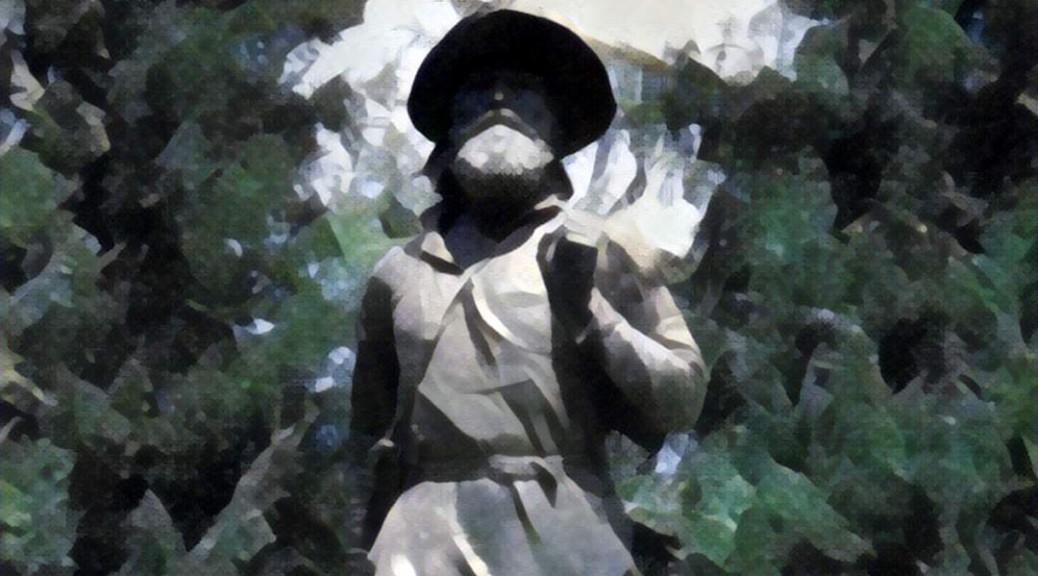Received this afternoon, following a request on Saturday:
Senate President Harbaugh,
Thank you for your specific request for information about police training related to “implicit bias and racial/gender/LBGTQA issues, and any plans for additional training.” Per your request please find my response below. I focused the response on what we are doing currently and what we plan to do in the future understanding that our future plans are still in the development phase. It goes without saying we are currently not doing enough training in this area but we are planning to change that here at UOPD.
Current Training and Initiatives at the University of Oregon Police Department specifically related to racial/gender/LBGTQA issues
- All officers attend the police academy and receive training in the referenced areas
- 10 hours of cultural awareness training focusing on communication skills
- 1.5 hours of training on community policing and problem solving orientated policing
- Internal University of Oregon Police Department Training
- Field Training Program currently provided by the Eugene Police Department for all new officers which includes a general focus on community orientated policing
- After completion of this training new officers receive training here at UO focusing on meeting the needs of our community (general community orientated policing training)
- 7 hour training that focusses on Perspectives on Police Profiling/Tactical Ethics. (provided 2 years ago)
- Implicit Bias training for command staff
- Staff reviewed the Department of Justice video on “Law Enforcement and the Transgender Community”
- Field Training Program currently provided by the Eugene Police Department for all new officers which includes a general focus on community orientated policing
Moving forward our future strategies focus on a training plan that is consistent with serving the needs of all UO community members. I have learned through experience that training in the areas of community policing cannot be a onetime deal and must include a focused and sustained approach. My hope is to seek input and support from various partners such as faculty, staff and students. We will be reaching out to all of our campus partners for their support, expertise and collaboration in developing a community approach to the training of our police department.
I do plan to implement an internal field training program for all new officers instead of having them trained at the Eugene Police Department. The training model we will use is called the Reno Police Department Adult Learning Model.
“The Reno Police Training Officer (PTO) model is based on the teaching principles of Problem-Based Learning (PBL) and emphasizes the need for the PTO to function primarily as a trainer rather than as an evaluator. PBL is firmly established in the fields of medicine and education, where it is used to facilitate the transfer of knowledge. Similarly, in policing, recruits need to learn much more than just laws and police procedures. They must also understand how to transfer their academy knowledge effectively when dealing with individuals and issues within a community. As demands on police continue to increase, agencies must provide officers with the resources and the training necessary to fulfill their expanded role. This approach will help police recruits think about their roles and responsibilities as they approach specific problems in their daily work. Problem solving is an integral part of police work and requires a creative and flexible method of thinking”[1]. (Sorry for the cut and paste but this is one of the best descriptions I have found on the program, I am hoping for faculty support on this project)
There must be a place for our community to play a role in this area of our new training program if we are to be successful. There are specific training opportunities that we plan to move forward on now which include but are not limited to:
- Online technology and programs such as, “Project Implicit” thoughtfully delivered and utilized by all members of the department
- Seattle Police Department video training on Transgender community education
- Review Seattle Police Department policy for implementation here
- Partner with the Dean of Students areas for Diversity and Community as a resource to better understand and serve our student community
- Partner with other UO organizations, students, faculty and staff on similar topics
- Review of best practices to include a legislative review
We will continue to work with the State of Oregon Department of Public Safety Standards and Training which is home to the State’s police academy and responsible for our certification. This just a snapshot of what is in the works for our training plan. While we continue to train, our timeline is to go live with our plan sometime in the end of January. I am excited about developing out the section of our training plan related to community policing that not only fits UO but acts as a model for others to follow.
I hope I provided you enough detail about our plans moving forward. If you would like further information about other areas of training not covered in this email please let me know.
Sincerely, Matt
Matthew E. Carmichael, Chief of Police
University of Oregon Police Department
Matt.Carmichael@uopd.org
